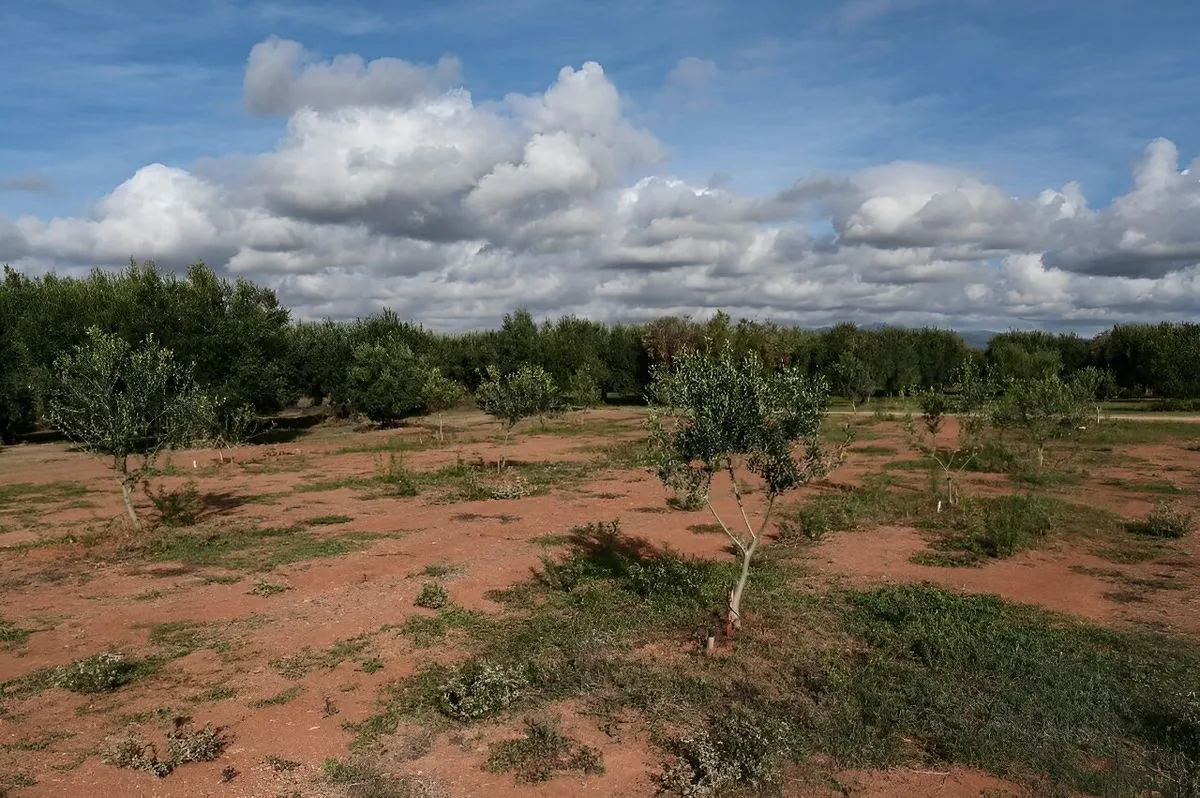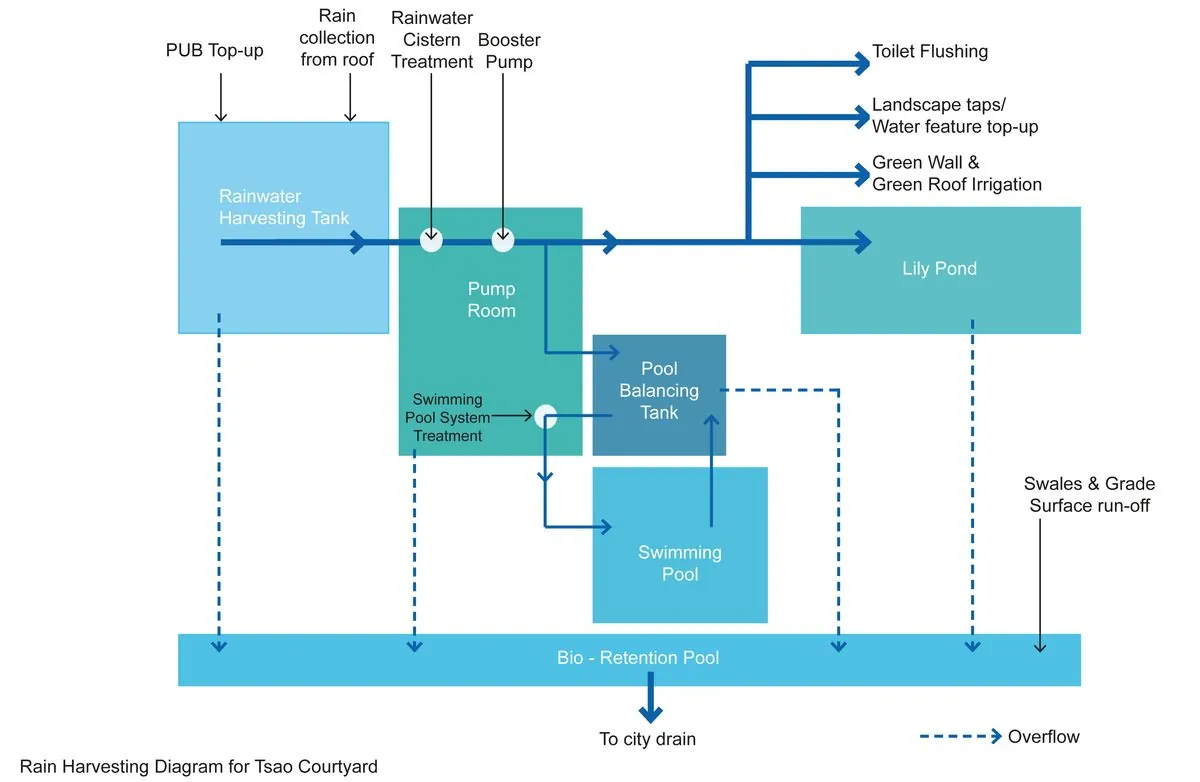Greek Farmers and Residents Grapple with Severe Water Crisis
Northern Greece faces a dire water shortage due to prolonged drought, affecting agriculture and daily life. Farmers resort to trucking in water, while residents endure frequent cuts amid booming tourism.

In northern Greece, a severe water crisis has gripped the region, forcing farmers and residents to adopt extraordinary measures to cope with the scarcity. The situation, exacerbated by a three-year drought and intensified tourism, highlights the urgent need for improved water management in the face of climate change.
Dimitris Papadakis, an olive farmer in NEA SILATA, has resorted to trucking water from nearby areas to irrigate his grove. "Our boreholes have almost dried up," he explains, describing the new morning routine he shares with his son. This dire situation is expected to halve his olive yield, a crop that has been cultivated in Greece for over 7,000 years.
The water crisis extends beyond agriculture, affecting daily life in the region. In Kassandra, part of the three-fingered Halkidiki peninsula, the population swells from 17,000 to 650,000 during the summer tourist season. Anastasia Halkia, the local mayor, reports a 30-40% reduction in water supply following three consecutive winters with minimal rainfall.
Residents like Haroula Psaropoulou are forced to adapt to frequent water cuts lasting up to five days. "I recycle water from the bathroom sink and from washing, and I use it for the plants," she shares, demonstrating the lengths to which people are going to conserve water.

The drought's impact extends to the environment, with lakes drying up and wildlife at risk. Lake Picrolimni, once a popular mud bath destination, has become a cracked, dry basin. Lake Doirani, straddling the border with North Macedonia, has seen its shoreline recede by 300 meters in recent years.
"It hasn't rained for two years now, so the lake has totally dried up. It used to have a lot of water. People came and bathed in the muddy water. The clay has therapeutic properties for many ailments. No one came this year."
The Evros River delta, home to protected wild horses, is experiencing higher levels of seawater due to the drought. Nikos Mousounakis, leading an initiative to create freshwater drinking points for the horses, warns of the dire consequences: "If the horses go without water for a week, they die."
Konstantinos S. Voudouris, a hydrogeology professor at the University of Thessaloniki, emphasizes the need for action: "We're experiencing a prolonged period of drought lasting about three years now, due to lower rainfall and snowfall, a result of the climate crisis and poor water management." He advocates for a three-pronged approach: conservation, storage, and reuse of water.
As Greece grapples with this water crisis, the situation underscores the broader challenges faced by Mediterranean regions, which are warming 20% faster than the global average. With over 16,000 kilometers of coastline and thousands of islands, Greece's water management strategies will be crucial in adapting to the new climate reality.


































